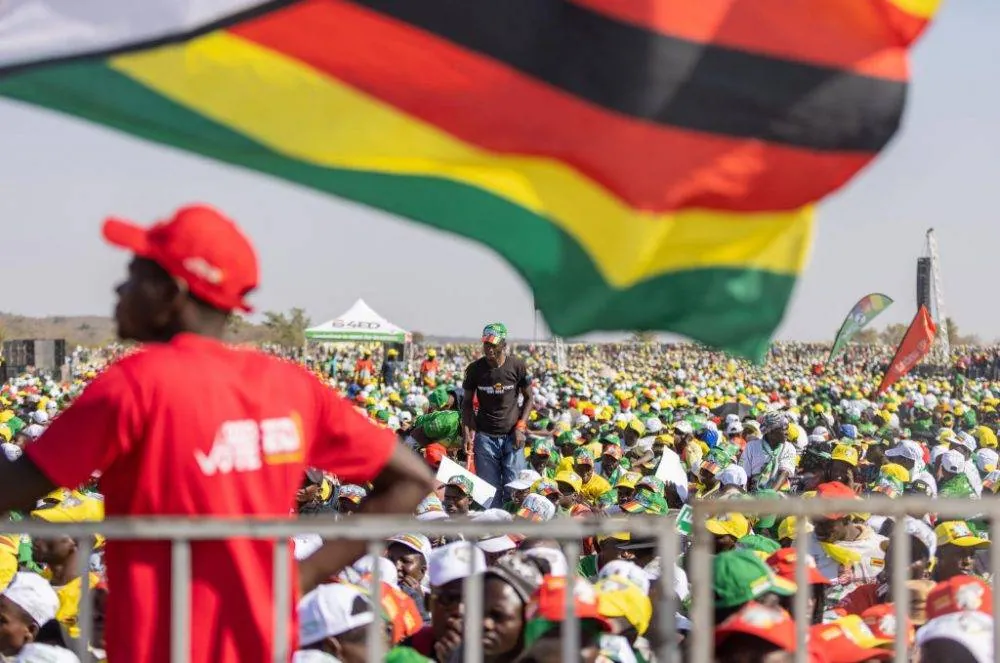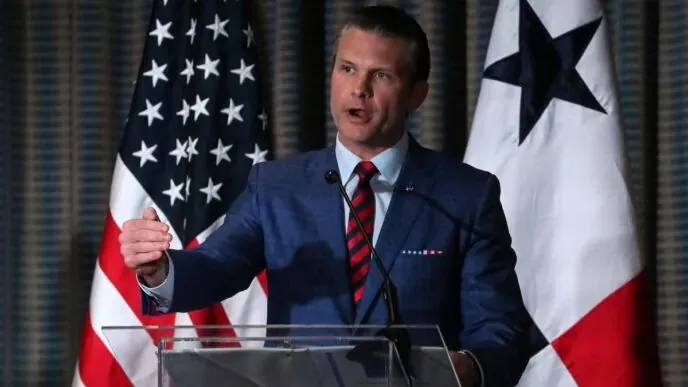The World Trade Organization (WTO) requires member nations to treat all trading partners equally. So what does it mean when Zimbabwe removes tariffs specifically on US goods?
Photo: Tafadzwa Ufumeli/Getty Images
Since Donald Trump’s return as US president, diplomacy has taken a chaotic turn. His latest move? Imposing steep tariffs on nearly every country exporting to the US. The stated goal: to “fix global trade imbalances, bring manufacturing back home, and boost economic growth for Americans.”
Lesotho took the hardest hit with a 50% tariff, while Zimbabwe faced an 18% charge.
In response, countries like Canada, China, Mexico, and the European Union fired back with their own tariffs on US products. But Zimbabwe’s reaction was notably different. Instead of retaliating, the country suspended all tariffs on imports from the US.
Just days after the US tariffs came into effect, Zimbabwe’s president posted on X:
“In the spirit of constructing a mutually beneficial and positive relationship with the United States of America, under the leadership of President Trump, I will direct the Zimbabwean government to implement a suspension of all tariffs levied on goods originating from the United States.”
The announcement, lacking clarity on its legal foundation, effectively gives US goods preferential treatment in Zimbabwe.
Both Zimbabwe and the US are members of the WTO, which enforces global trade rules. One of its core principles — the Most-Favoured Nation (MFN) rule — prohibits favoring one trading partner over another. If a country grants special status to one member, it must extend the same benefits to all others.
In short, Zimbabwe can’t offer the US benefits that it doesn’t also offer to the rest of the WTO’s members, which include nearly all nations. This principle ensures fairness and prevents favoritism in global trade.
While some exceptions exist — such as for developing nations, regional trade blocs, or customs unions — Zimbabwe’s decision doesn’t qualify under any of them. Ironically, the move flips the usual dynamic, where wealthier countries typically offer trade breaks to poorer ones, like the US once did through the Africa Growth and Opportunity Act — a policy now undermined by Trump’s sweeping tariffs.
Zimbabwe’s tariff suspension may be meant to build goodwill with the US, but the fallout could be far-reaching, affecting the country’s economy, trade ties, and international standing.














